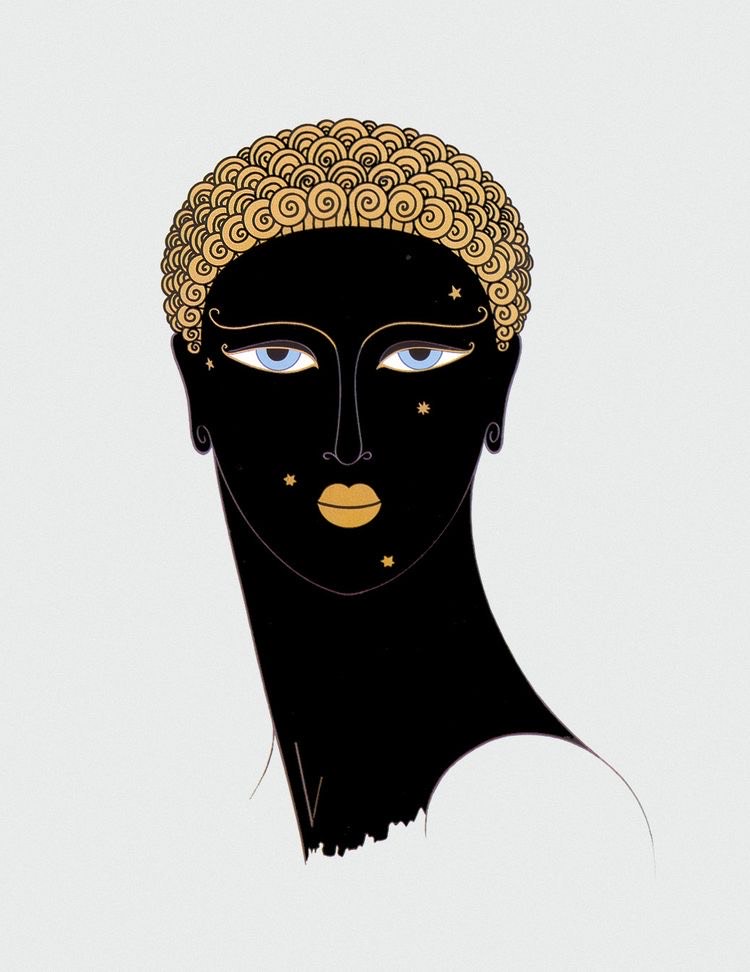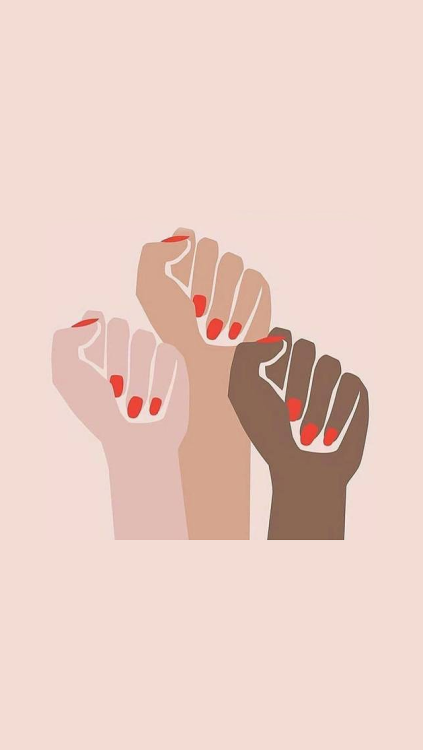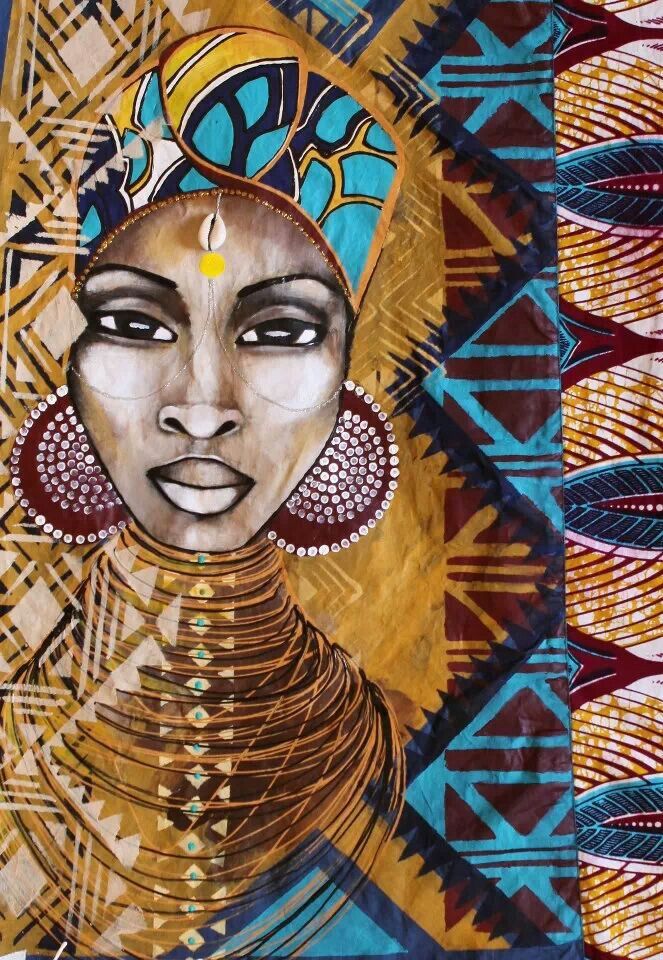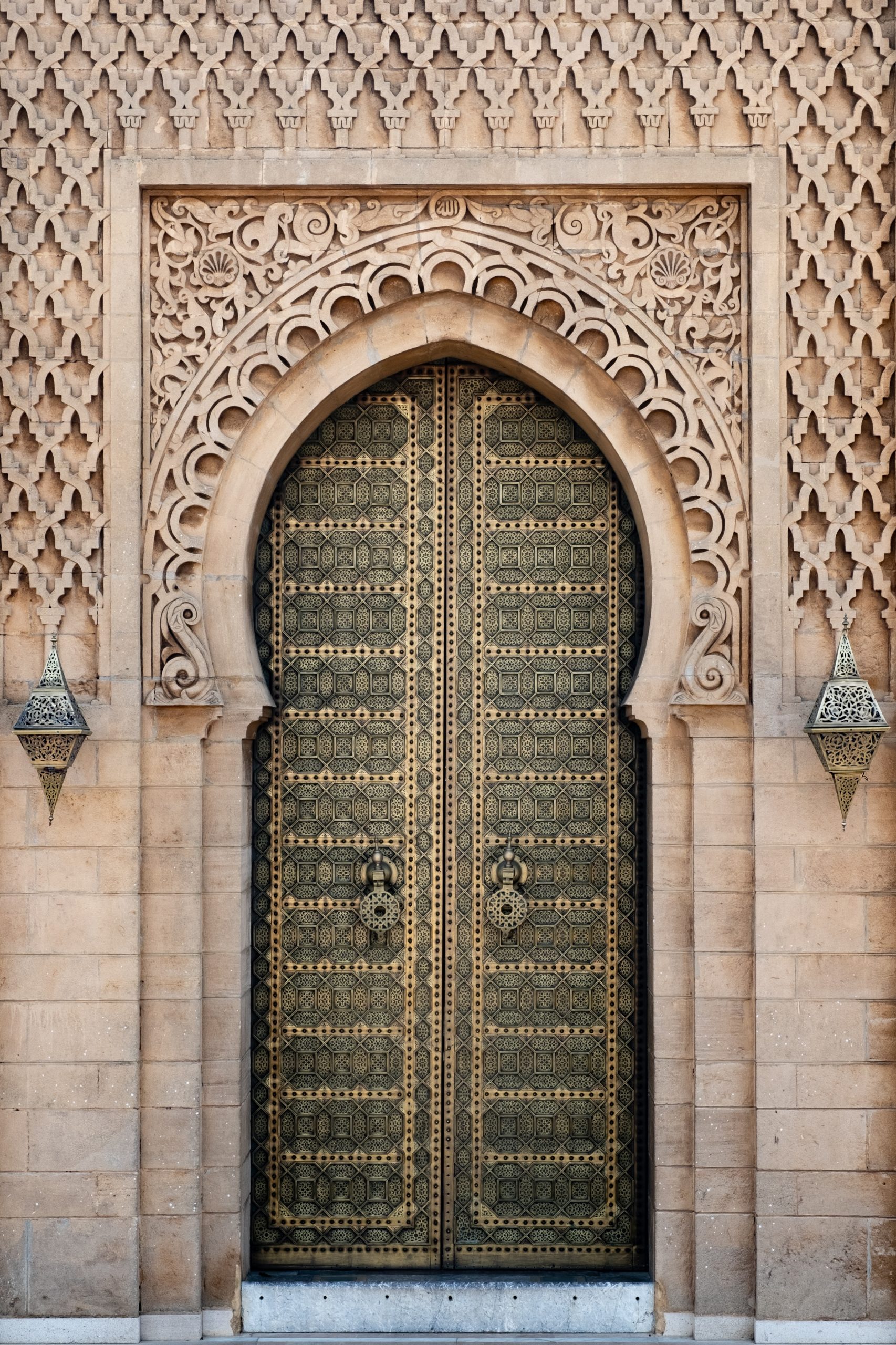The Qur’an’s description of Queen Bilqis is undeniable proof that a woman can be a head of state and that her femininity would rather serve her well by bringing her closer to her people and their daily realities. In Queen Bilqis’ example, her logical reasoning prevailed in managing the affairs of the state.










